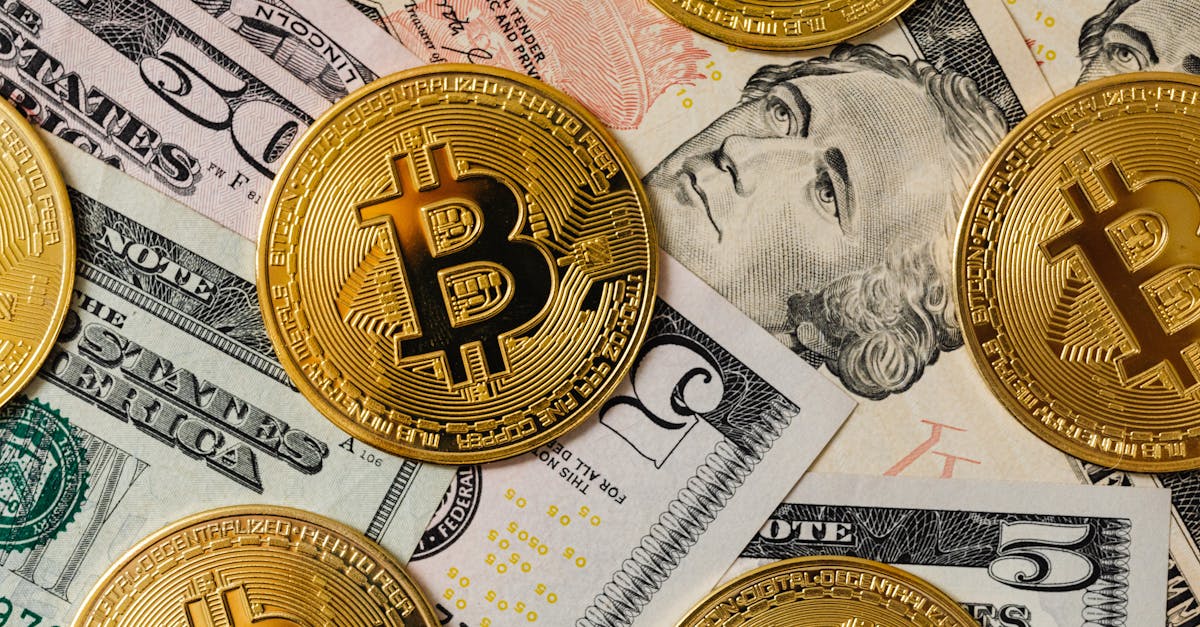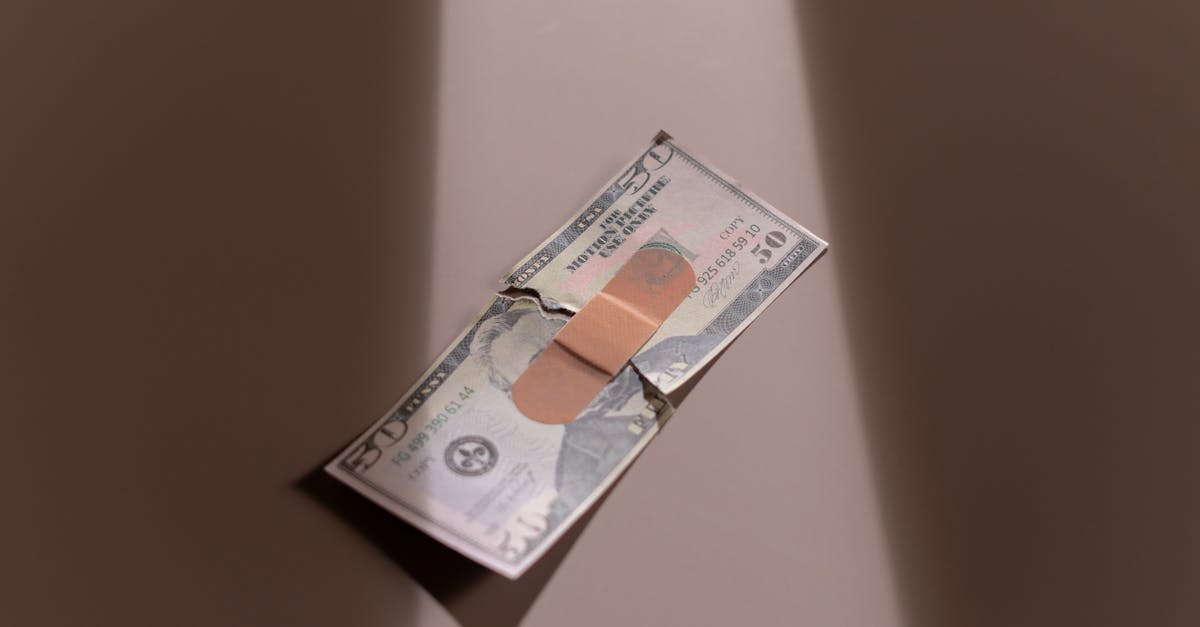Grants and Programs for Paying Medical Bills
Introduction
Medical bills can be overwhelming for many individuals and families. With rising healthcare costs, managing these expenses has become increasingly challenging. Fortunately, there are grants and programs available to help alleviate the financial burden of medical bills.
Advertisement
The Importance of Financial Assistance
Medical emergencies or long-term treatments can lead to financial strain, especially without adequate insurance coverage. Financial assistance programs play a critical role in providing relief to those facing mounting medical expenses. These initiatives aim to ensure that essential healthcare is accessible without forcing individuals into debt.
Advertisement
Government-Sponsored Programs
The federal government offers several programs designed to help individuals manage their medical bills. Medicaid, for instance, provides health coverage to those with low income, covering a significant portion of medical costs. Another initiative, the Children's Health Insurance Program (CHIP), targets healthcare for children in families with incomes too high to qualify for Medicaid but unable to afford private coverage.
Advertisement
Nonprofit Organizations
Numerous nonprofit organizations are dedicated to helping individuals cover their medical expenses. For instance, the HealthWell Foundation focuses on providing financial assistance to under-insured patients, ensuring they can access critical medications and treatments. Additionally, the PAN Foundation offers similar support, alleviating costs associated with specific diseases and conditions.
Advertisement
Disease-Specific Assistance Programs
Some programs are tailored to assist individuals battling particular illnesses. Organizations like the Leukemia and Lymphoma Society offer grants specific to cancer patients, helping cover treatment-related expenses. These targeted efforts provide not only financial relief but also emotional support for individuals and families coping with challenging health conditions.
Advertisement
Crowdfunding and Community Aid
In recent years, platforms like GoFundMe have gained popularity, allowing individuals to raise funds for medical bills from community donations. Sharing stories and raising awareness through social media can garner significant support, offering an alternative path to financial relief. Community-based initiatives can be a lifeline during times of distress.
Advertisement
Local Hospital Financial Aid
Many hospitals have financial assistance programs to help patients manage charges not covered by insurance. These programs are often income-based and may offer payment plans or reduced rates. Engaging directly with hospital billing departments can provide clarity on available options and assist in negotiating manageable payment terms.
Advertisement
Medication Assistance Programs
For those struggling with prescription costs, pharmaceutical companies often offer patient assistance programs. These initiatives aim to provide medications for free or at a reduced cost to eligible individuals. It's crucial to explore these options, as high medication costs can significantly contribute to financial hardship.
Advertisement
Application Process Tips
Applying for financial aid can be daunting, but understanding the process is key. Gathering necessary documentation, such as proof of income or medical records, can streamline applications. Being proactive in communication and following up ensures your application gets the timely attention it deserves.
Advertisement
Conclusion
In conclusion, a variety of grants and programs exist to help individuals tackle the burden of medical bills. Understanding and leveraging these resources can alleviate financial strain and enable access to necessary healthcare. By exploring available options, individuals can find paths to relief and focus on their health and well-being.
Advertisement


